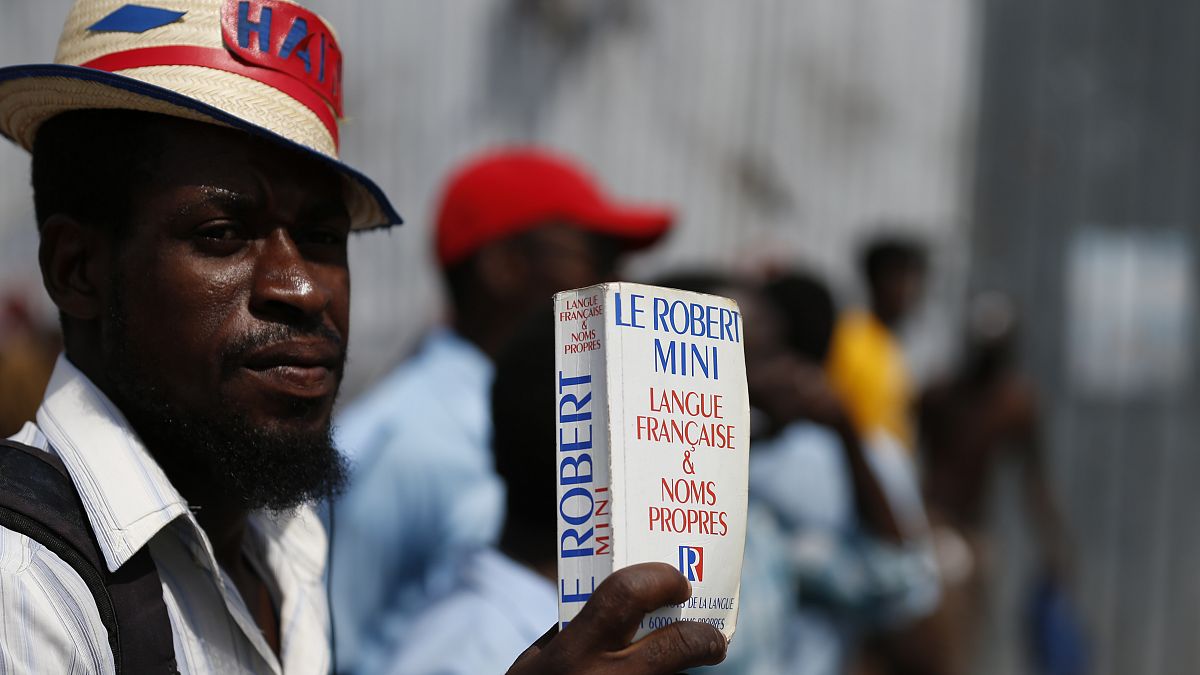While the word is still relatively new, it is gaining traction among young people but it has also triggered pushback from some quarters.
French dictionary Le Petit Robert has been accused of "wokeism" after it decided to include the gender-neutral pronoun "iel" in its November digital edition.
A contraction of the pronouns "il" (he) and "elle" (she), it is used to refer to a person of any gender, according to its definition.
While the word is still relatively new, it is gaining traction among young people, but it also triggered strong reactions.
France's Minister of Education Jean-Michel Blanquer has criticised the addition saying inclusive language is not the future of the French language.
Blanquer was joined by French MP François Jolivet who said the dictionary addition was a "solitary campaign of Le Petit Robert", and "a manifest ideological intrusion which undermines our common language and its influence".
The controversy is the latest example of pushback in some French quarters against cultural theories on race and gender, as critics deem that American imports aiming to pit people with different identities against each other chip away at the French ideals of unity and equality.
The dictionary's director has defended the move, highlighting the need for diversity and accountability in the French language.
The pronoun "iel" should be included in the dictionary's 2022 print edition.
"Wokeism" is a disparaging term for attentiveness to claims for equality and representation from minority groups.


